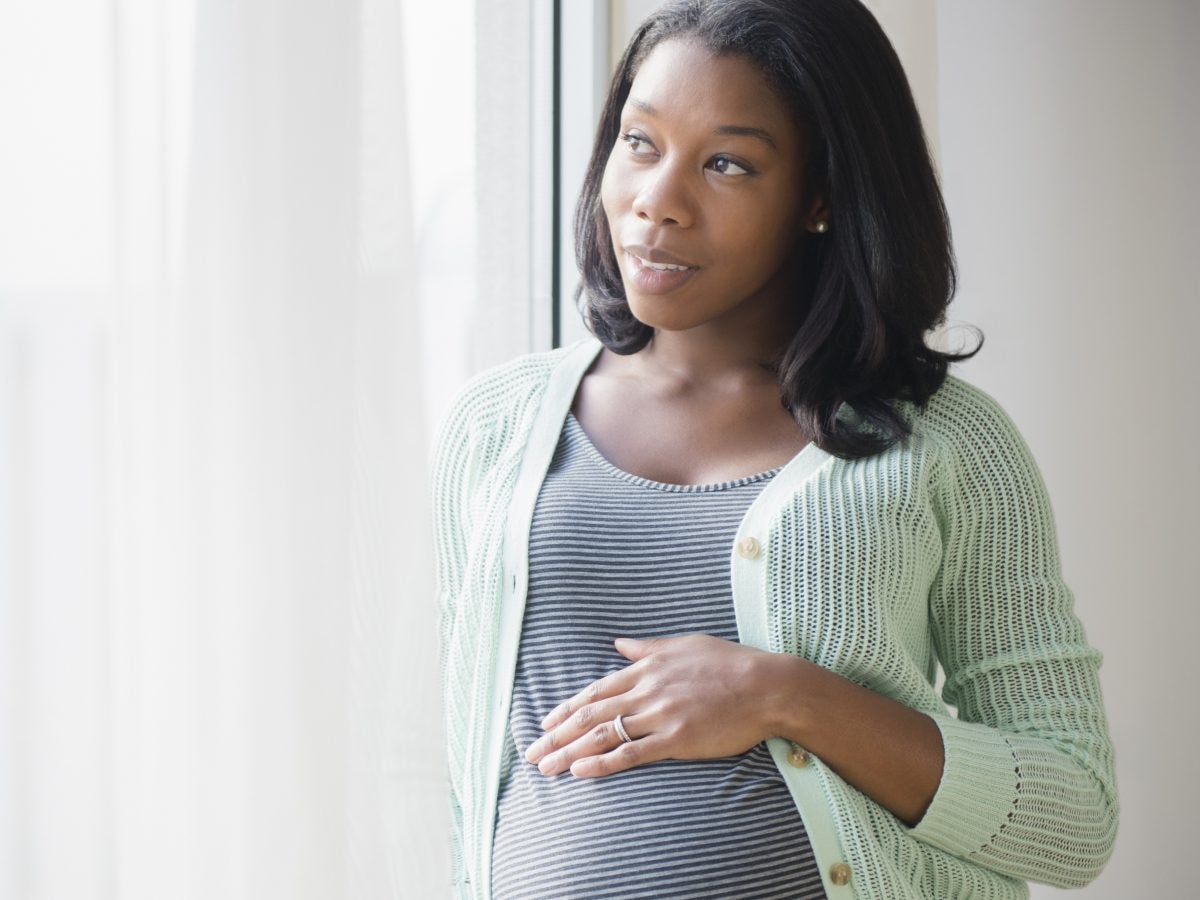
Dear healthcare leaders and advocates, we must discuss perinatal mood and anxiety disorders (PMADs) and their effects on maternal mental health. This is a leading complication for pregnant and postpartum women, with 1 in 7 experiencing these issues. However, the rates are even higher for me as a Black woman. Studies show that women of color experience postpartum depression at a rate of close to 38 percent compared with approximately 13 to 19 percent for all postpartum women.
Yet, despite how common these issues are, Black women are less likely to receive treatment due to various barriers, including stigma, fear, and low availability of services staffed by Black providers. Furthermore, the deterioration of our collective villages exacerbates this issue. As a result, Black women often find themselves parenting alone or with minimal support. As new parents, we should have a flock of knowledgeable, supportive women on deck to help us navigate the challenges of parenthood. However, with the added stress of a PMAD, the lack of support can be devastating. We deserve to be supported and loved.
It’s time that the healthcare system recognizes the critical importance of mental health during the first 1,000 days of a child’s life, including the emotional, psychological, and physical stress that birthing people endure. Unfortunately, these issues often go unaddressed, and after giving birth, we are sent home with a new little person who needs us when we often are without the support we need for ourselves. It’s unacceptable that Black women struggle to find mental health providers. Even if one or two that take our insurance can be located, there is no guarantee that we’ll click with that person. We need options and social support from professionals and people who know and love us.
Racism and discrimination complicate this issue further. As a result, Black women often go unheard, from our pain in childbirth to mental health and physical conditions postpartum. We need more Black birth workers and mental health providers who understand our unique challenges. Healthcare leaders should train pediatricians to check in with birthing people during appointments, starting within a week of their child’s birth. Finally, the local capacity to care for Black mothers and birthing people must increase.
As a Black woman who works in public health and has experienced perinatal depression and anxiety, I know how difficult it can be to navigate the system. I’m pregnant with my third child. When I recognized the signs of prenatal depression during my first pregnancy, I struggled to find a provider. I had private insurance and knew people, but it was still challenging. When I developed postpartum anxiety, I didn’t have family or many close friends locally to turn to for support.
I remember how I felt watching my parents drive away a week or two postpartum. My husband had returned to work, and I needed to take the baby to an appointment. I was so scared to drive. I thought I would crash or the baby would choke when I couldn’t see her, and I was afraid to tell anyone. When I returned to work, I remember crying in the bathroom every day and obsessively checking the daycare app to ensure I dropped the baby off and didn’t leave her in my car.
My anxiety was so high, but I navigated a system I understood and could survive. Now I know I’m predisposed to prenatal and postpartum mental health issues when pregnant, I did my due diligence to find a professional to support me. I recognize that these systems and these choices are accessible, easy, or common knowledge for everyone. You shouldn’t have to be trained in this to access quality services that you deserve and many need.
It’s time to prioritize Black maternal mental health. We need more resources and support to break down the barriers that prevent us from receiving the care we deserve. So let’s start the conversation and work together to make a change.